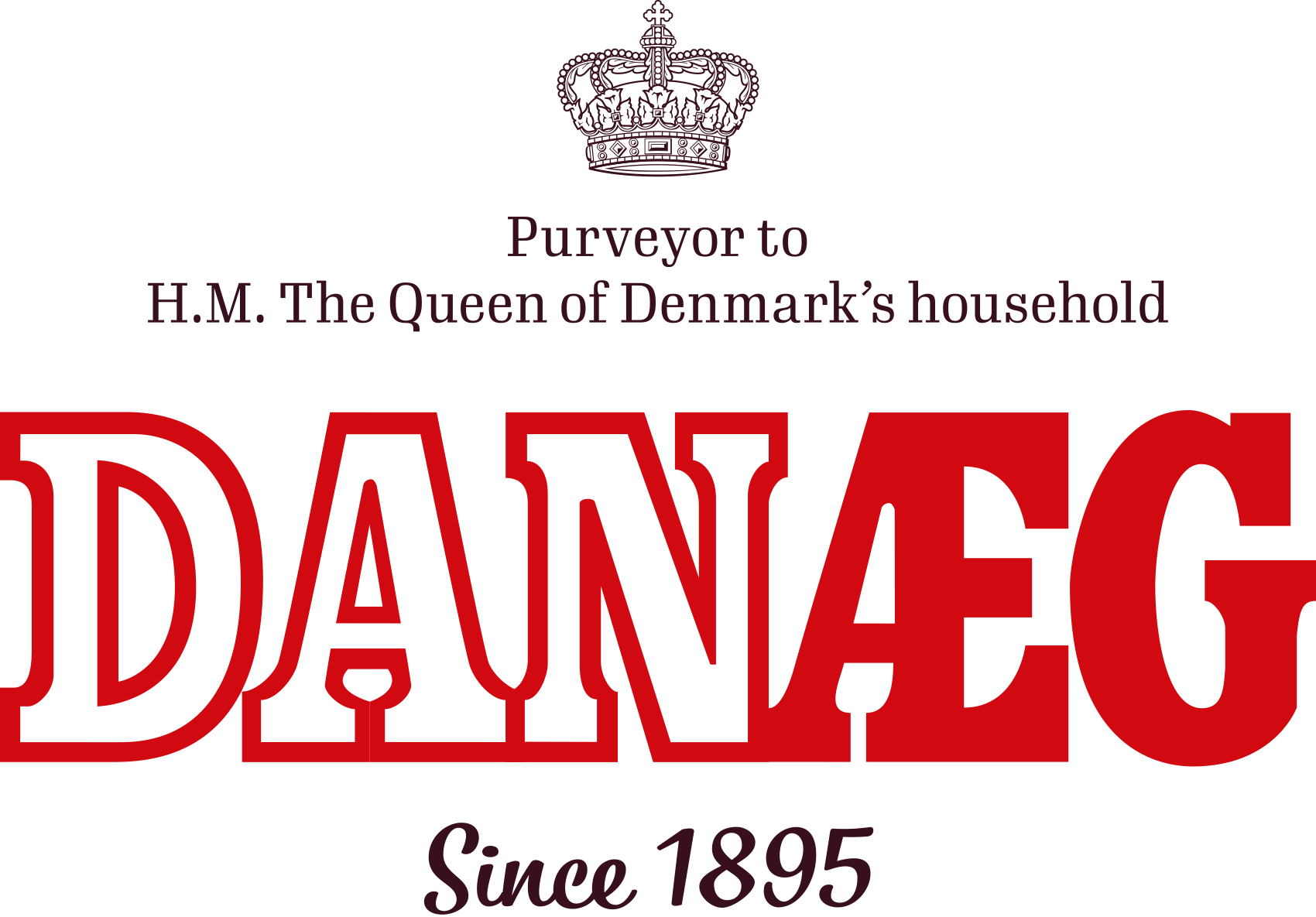TVEDEMOSE
Chickens, apples and mushrooms in symbiosis
When Jens Christian took over an organic farm with plantation hens in Lolland in the spring of 2018, he was initially not looking for the eggs at all, but instead the hens' remains. In organic farming, the clumps are considered to be the ultimate best fertilizer for Denmark's largest organic mushroom production Tvedemose, which Jens Christian owns with his wife Kirsten. Read how the two talented contractors use sustainability as a benchmark in their work on the farm.
With innovation at the forefront
In the company of the farmer Jens Christian Hansen, you have to be focused . Jens Christian throws around with exciting projects and business ideas like no other - and there's no time to waste!
He is an entrepreneur to the bones and sees opportunities where others see closed doors. That is why Jens Christian is obviously on more than one handful of projects.
Plantation hens
In the "backyard", Jens Christian has organic hens, whose henhouse is in a lush orchard, where the hens can move freely around the large, green areas. All the pears and apples that the chickens cannot get their beaks are harvested, mashed and poured into bottles in the farm's own mustard.
In the autumn months, the parking lot is filled with trailers as locals come to squeeze their apples from the garden to freshly squeezed must. But Jens Christian is not content with egg production and apple pie.
Mushrooms from farm to ceiling
Half an hour's drive away is Tvedemose, Denmark's largest organic mushroom production, which Jens Christian owns with his wife Kirsten Hansen. Here, organic mushrooms are layered from floor to ceiling, while the employees pick off the grown mushrooms.
The quality of the soil in which the mushrooms grow is crucial to producing high quality mushrooms, which is why Jens Christian of course makes the mud from which the beautiful mushrooms are nourished.
From chicken manure to eco-mushrooms
The mushrooms grow in a nutritious soil made from compost that Jens Christian produces in the building behind the mushroom production. The compost is made from straw, which is mixed with horse litter and the organic manure from the chicken barn.
The compost then undergoes a process under controlled temperature and oxygen conditions, where it is transformed into a fungal nutrient substrate. During the process, the ammonia is removed from the fertilizer. The ammonia is collected in an acidification plant so that it can be recycled on new compost.
50 steps from the private to the production
From the office you can glimpse Jens Christian and Kirsten's private residence, where they like to offer guests coffee and a little sweet. Outside the front door stand fine wooden figures depicting mushrooms, and indoors several small mushroom-shaped figures appear as a symbol of how privacy and working life flow together.
But for two committed entrepreneurs, it does not make a trace. The couple loves to innovate in their business and are proud of the way they make the company's sub-elements work together into one sustainable entity.
